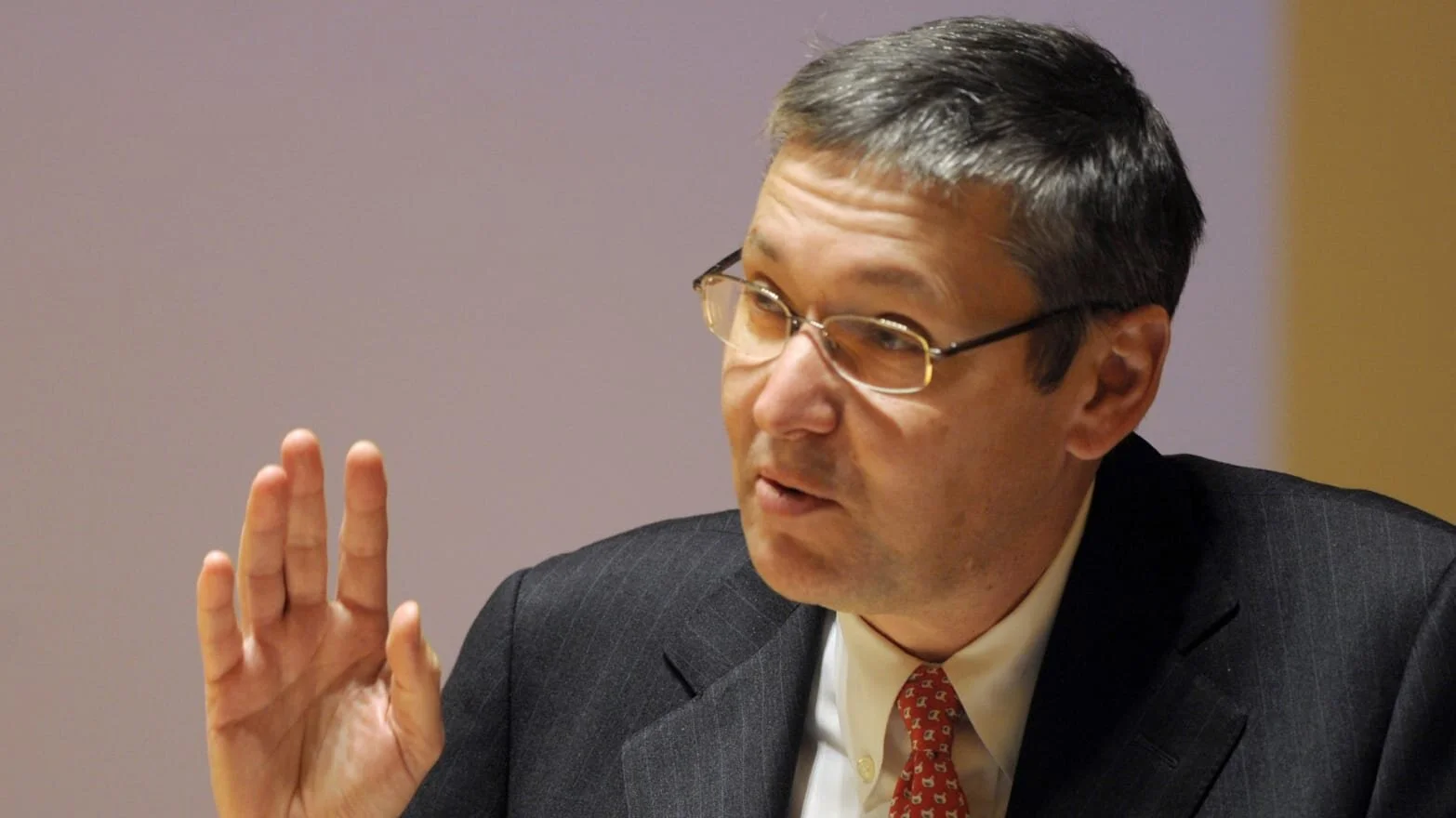On Greg Mankiw
I was Greg Mankiw’s very first dissertation advisee. Soon after he became an assistant professor at Harvard in 1985, he hired me as a research assistant. (In particular, I was an RA for his Brookings Paper “The Term Structure of Interest Rates Revisited.” I also helped a bit with “Assessing Dynamic Efficiency: Theory and Evidence,” with Andrew Abel, Lawrence Summers, and Richard Zeckhauser, and “The Optimal Collection of Seignorage.”) Greg was arriving at Harvard just as I had decided to become a macroeconomist. Then I received my PhD in 1987 and went off to the University of Michigan. So Greg’s period of maximum impact on me was during a two-year period. But that impact has been strong and lasting.
One of the most important impacts of being a student of Greg’s is one that was reinforced by his example and well as what he said: understanding the importance not only of scientific discovery in economics but also of getting economic principles across to a wide audience. Greg has done that with his blockbuster textbooks, his blog, and his New York Times columns. Also, a great deal of his time in government service has been spent in getting economic principles across to government officials in one-on-one tutorials. Greg persuading me of the importance of public engagement had a lot to do with my interest in being a blogger. (Greg’s long-lasting influence was also behind my encouraging my student Noah Smith in becoming a full-time economic journalist.)
As a dissertation adviser, Greg was relatively laissez-faire. He was always calm, encouraging and helpful. My interest in precautionary saving was stimulated by his paper “Ricardian Consumers with Keynesian Propensities,” with Bob Barsky and Stephen Zeldes. Coauthoring “Precautionary Saving and the Timing of Taxes” with Greg helped me see what good writing in economics looked like. (I am Greg’s coauthor on one other paper: “Optimal Advice for Monetary Policy” with Greg, Susanto Basu and David Weil.) As I worked away on precautionary saving, Greg astutely saw the connection between my efforts to get a precautionary saving motive decreasing in wealth (and a higher marginal propensity to consume) with “Proper Risk Aversion” by John Pratt and Richard Zeckhauser, which not only helped me greatly with my research on the theory of precautionary saving but expanded my interests to the economics of risk much more broadly.
Greg’s influence on me continued after I graduated and left Harvard. For example, Greg’s paper “Government Purchases and Real Interest Rates” had a big effect on what I teach in my PhD field course on business cycle theory. (You can see where that went in my already lengthy, but unfinished graduate textbook on business cycle theory. See also my course website on graduate business cycle theory.)
Greg’s politics have been of continuing interest to me. It is quite a kick to see one’s adviser regularly showing up in the newspaper, in the news pages as well as the op-ed pages. In the political arena, people lean toward being ungrateful about the political competition that keeps our system healthy—half-wishing for their party to be the only party in a one-party system—but it is of the utmost importance for us to have two healthy political parties with top-notch economists on both sides of the political spectrum. As long as the Republican party remained reasonably healthy, Greg was one of those top-notch economists on the Republican side. Then, in a blog post on October 28, 2019, Greg announced “I am no longer a Republican.” That, too, was valuable for our political system.
Greg was generous in advertising my new blog back in 2012. I have enjoyed talking to him at conferences and when I have given seminars at Harvard or when he came to Michigan. (Greg hasn’t yet visited the University of Colorado Boulder since I moved there in 2016.)
Let me end with one factoid. At the University of Michigan, we posed to ourselves the question “Who has coauthored the most papers with University of Michigan economics faculty?” The answer: Greg Mankiw. Greg is prolific and a great coauthor. Greg cares deeply about economic issues and loves economics—a love that is infectious.
